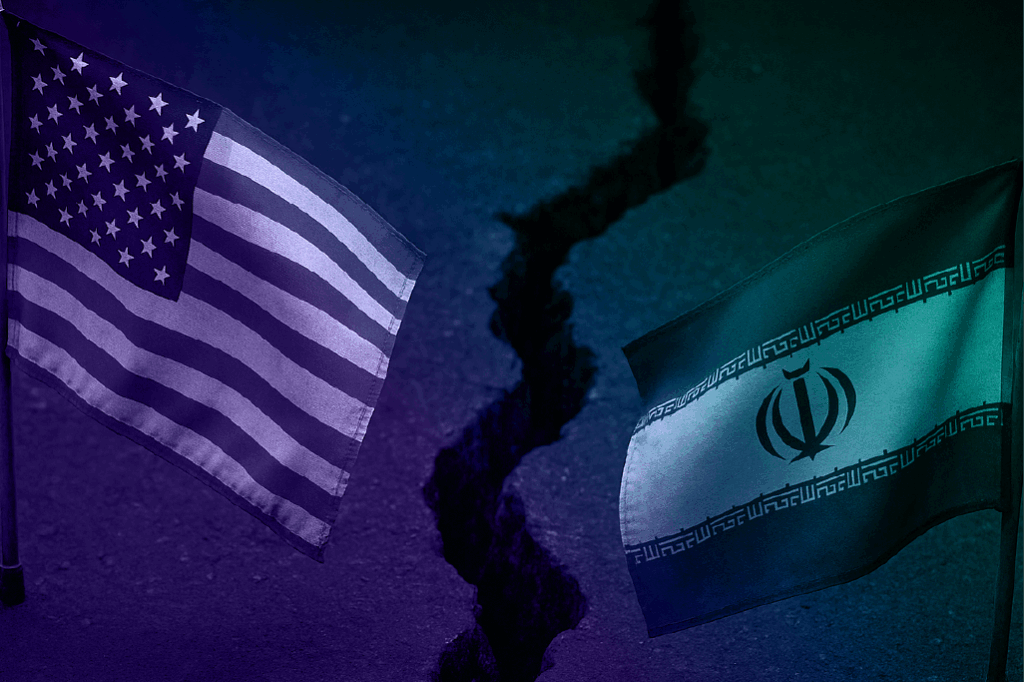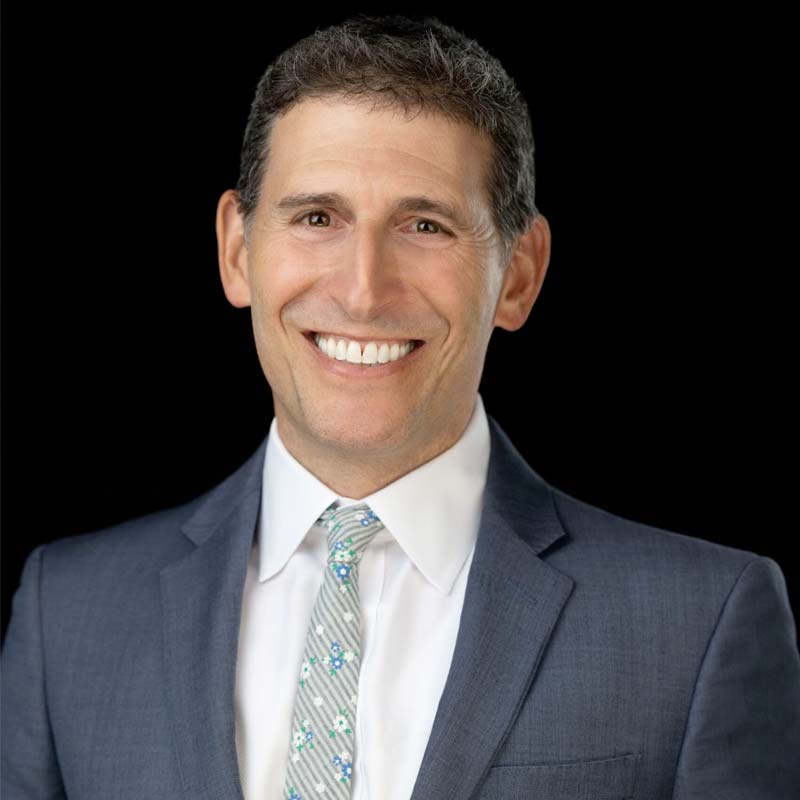The White House MAGA-versus-hawks fight was on full display after Donald Trump Jr. attacked the Foundation for Defense of Democracies (FDD), a hawkish think tank advocating a complete end to Iran’s nuclear program. Don Jr. accused FDD of “undermining” Trump’s Iran negotiations and “wanting forever war,” to which FDD responded that it “stands with President Trump, his national security team, and Senate Republicans” in objecting to Iran having any domestic nuclear program. This internecine GOP battle highlights the challenge President Trump faces in landing an Iran deal and the fundamental divisions animating Trump’s policymaking. Investors and companies should expect increased pressure on Israel to reach a Gaza deal to unlock a potential US-Saudi pact, not an Iran deal anytime soon.
The mere fact that Trump is entertaining an Iranian civilian nuclear program is a significant shift from 2018, when Trump tore up the Joint Comprehensive Plan of Action (JCPOA) precisely because it preserved Iran’s nuclear capability.
What changed?
First, the MAGA faction advocating for negotiations without preconditions is far stronger today than in Trump’s first term. In 2018, GOP hawks like Brian Hook, Mike Pompeo, and John Bolton staffed senior diplomatic positions. They despised the JCPOA and sought its dismantlement. Today, the MAGA faction is emboldened, epitomized by Vice President Vance’s alleged insistence that Trump concede to an Iranian civilian program at the outset of negotiations, a position to which Secretary of State Rubio acquiesced, a personal about-face. Mike Waltz and Alex Wong’s dismissal from the NSC this week could further strengthen the MAGA contingent, and the Iranians could offer concessions, such as on sunsets, that would allow Trump to declare he secured a tougher deal than Obama.
Second, regional dynamics shifted. In 2015, Gulf states opposed the JCPOA. They distrusted the Obama administration, which had frozen them out of negotiations, and feared that a nuclear agreement would embolden Iran. Today, the Trump administration and the Iranians proactively engaged Gulf leadership, removing the ‘process foul’ that undermined Gulf support in 2015. Further, Israel’s recent degradation of Hezbollah and dismantlement of Iran’s air defenses ameliorated Gulf concerns of a stronger Iran.
Finally, Saudi Arabia is more intent today on regional stability than it was in 2015, when Crown Prince Mohammed bin Salman (MBS) recklessly invaded Yemen, kidnapped Lebanon’s prime minister, and, several years later, murdered Jamal Khashoggi. Dropping oil prices and volatility from Trump tariffs are inimical to Saudi Arabia’s pursuit of Vision 2030, a massive modernization program, and a deal with Iran would blunt the potential for military conflict. Last month, the Saudi Defense Minister and brother of MBS, Prince Khalid bin Salman Al Saud, visited Iran as a clear statement of Saudi commitment to a potential nuclear deal. Similarly, the UAE’s economy now flourishes from tourism, data center investment, and financial services. An errant Iranian missile could undermine its economy in a heartbeat. Like Saudi Arabia, the UAE leadership wants Iran’s aggression focused elsewhere.
Notwithstanding these tailwinds, Trump will still face challenges landing a deal. Senate Republicans will criticize any agreement that lacks features they demanded in 2015, such as enhanced inspections, reduced enrichment capability, and an end to Iran’s missile program. Breaking with Trump on foreign policy allows members to create distance from Trump without paying a significant political price. In 2017, then Senate Majority Leader Mitch McConnell ran a play along these lines – he codified Russia sanctions, despite President Trump’s opposition, to give his members separation from the Trump administration amidst the Russia investigation. Similarly, we could see Senate Republicans today work to slow down a deal.
Second, Iran’s leaders have their own politics, and they likely will not accede to a deal that does not include some guarantee that Trump will not rip up an agreement again. The technical negotiations alone, even if merely a revival of JCPOA standards, could take weeks, delaying any agreement.
Finally, Israel strongly objects to any negotiation preserving an Iranian nuclear program, and Israel has leverage here: Trump wants a Saudi-Israel normalization deal to declare victory amidst flagging negotiations in Ukraine and Gaza. The Saudis will likely not accede to such an agreement, nor a US-Saudi defense treaty hammered out by the Biden administration, without Israel making some concession on Gaza. And Netanyahu will not make requisite compromises on Gaza – including measures to free hostages – unless he gets sufficient guarantees from Trump on Iran or direct Trump assistance positioning him for reelection, given that his coalition would likely fall were he to pursue a Gaza ceasefire. Not a simple formula for a deal.
Trump wants a diplomatic victory, somewhere. Pressuring Bibi – who cannot allow daylight between him and Trump – to make concessions on Gaza, could be an easier pathway to victory than an Iran deal. Look for newly minted national security advisor Rubio to launch an all-out effort in the coming days to lay the groundwork for a Gaza deal. In the meantime, Iran negotiations (like Ukraine) will likely be put on the back burner. Bottom line, while a deal with Iran will likely happen, investors and companies should not expect the lifting of Iran sanctions anytime soon.
Read more from Daniel:
Data Centers, Geopolitics, and Other Emerging Trends from CERAWeek
Trump’s Coming Global Infrastructure Play
Three Factors That Will Drive Trump’s China Policy




























